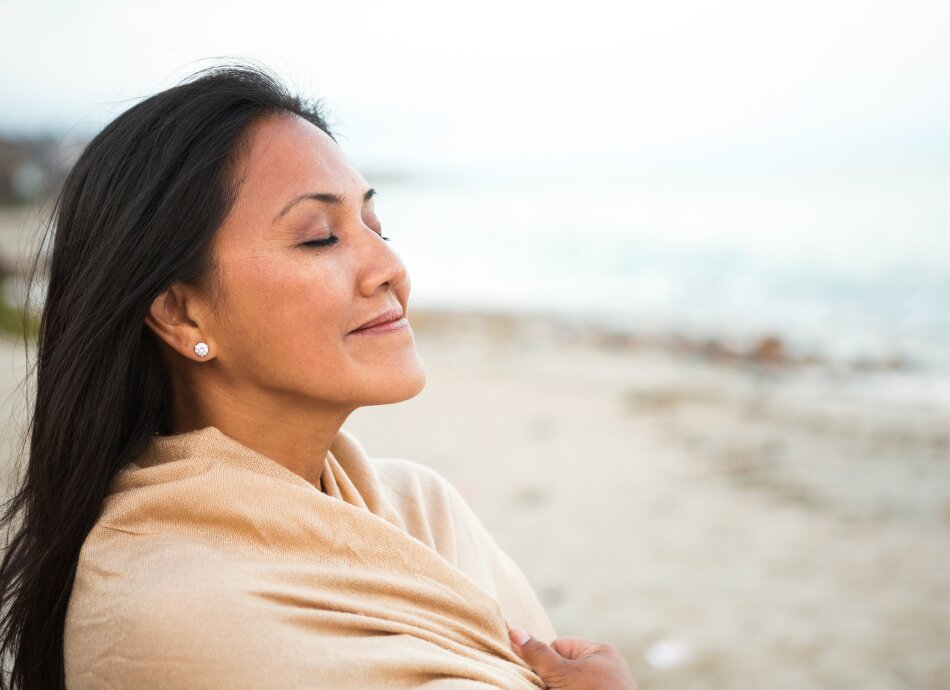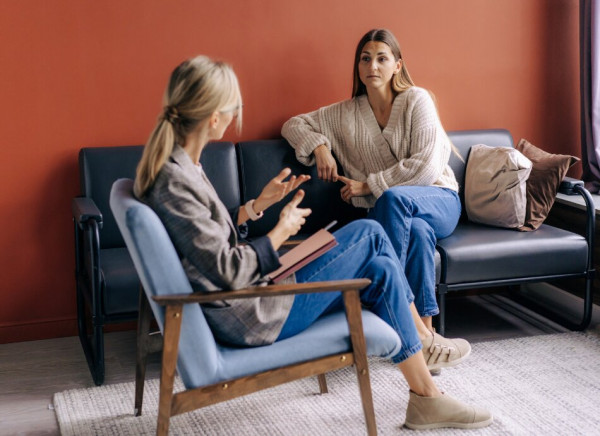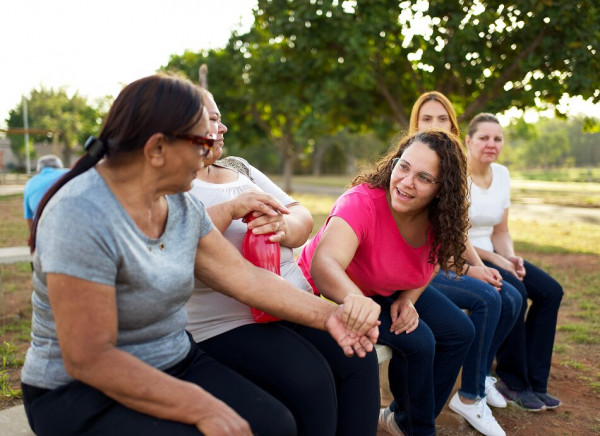Start with the brochures, videos, apps or online courses listed on the phobias page. It can really help if you understand how phobias develop, to find out that you’re not alone, and to learn the techniques that other people have used to recover from or manage their phobia better. This helps you to take charge of your fear, rather than your fear being in charge of you.
Apps reviewed by Healthify
You may find it useful to look at the oVRcome app and some Anxiety management apps.









